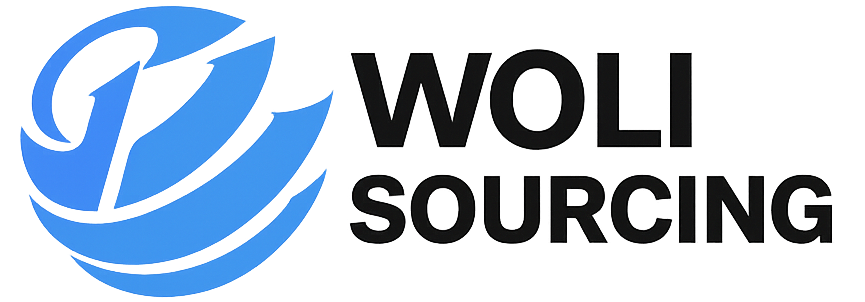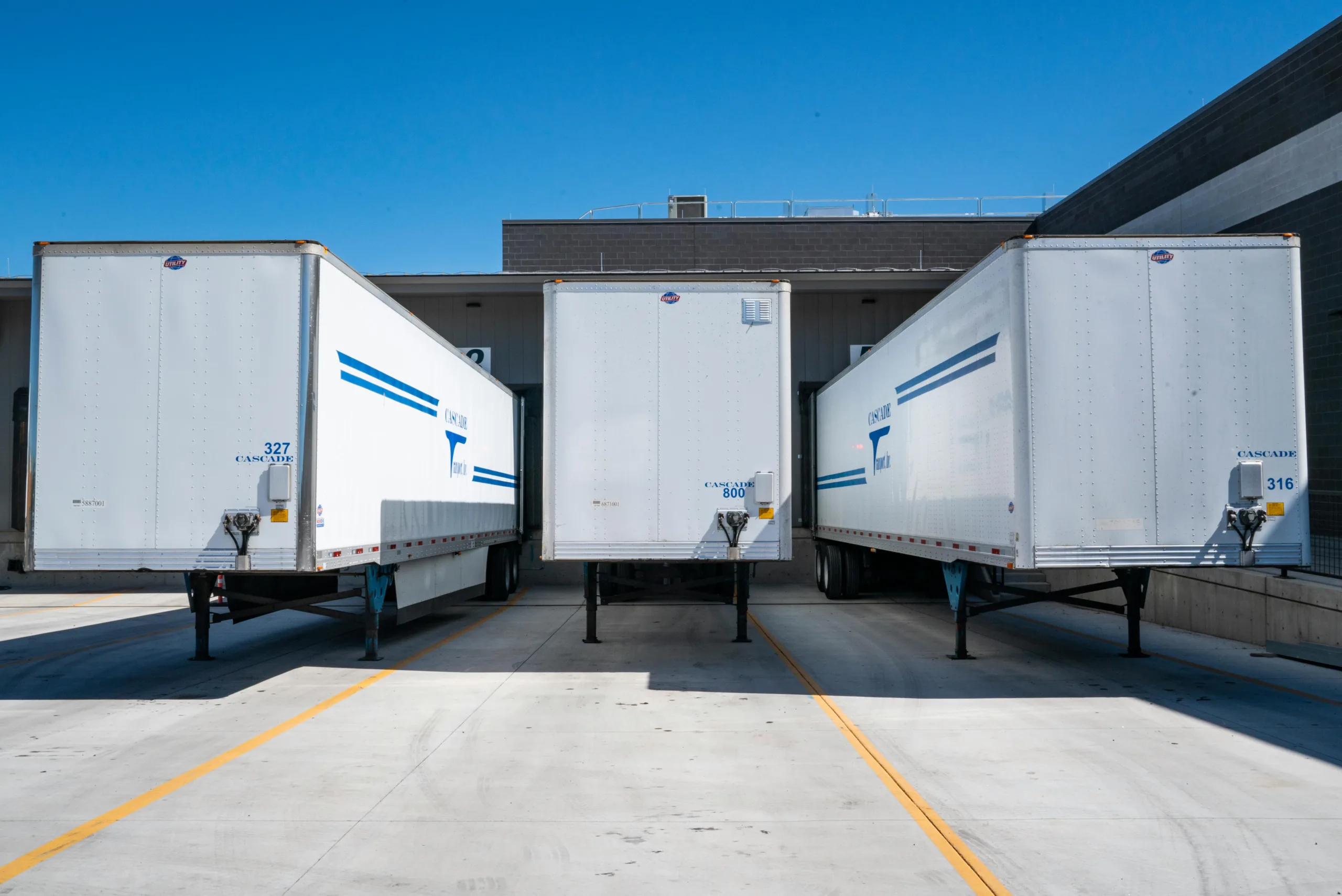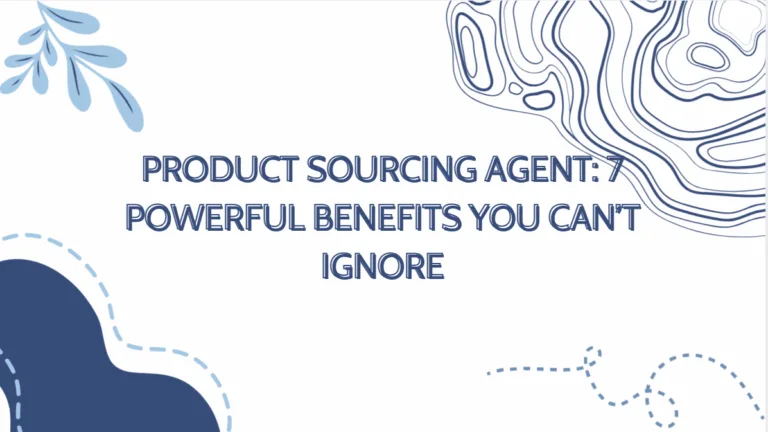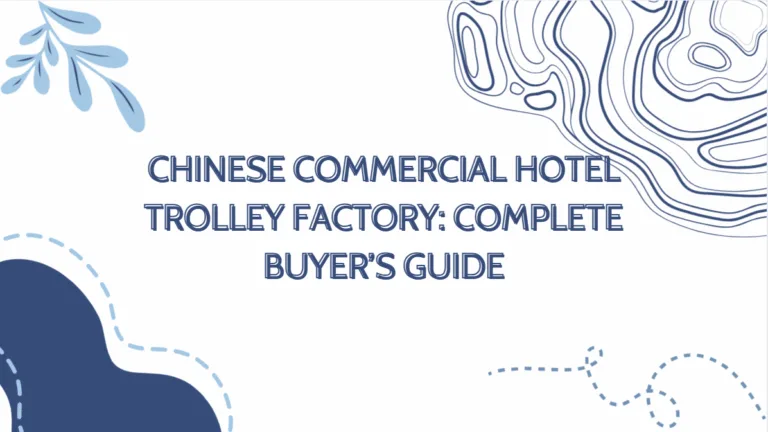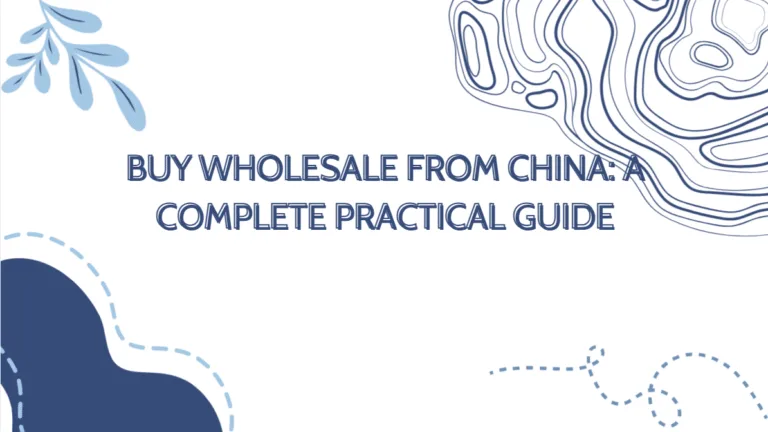Lorsqu'il s'agit de s'approvisionner en produits, de nombreux entrepreneurs se posent la question : quel est le meilleur choix - le petit commerce de gros ou l'achat en gros en Chine ? La réponse dépend de la taille de votre entreprise, de votre budget et de votre stratégie à long terme. La Chine reste la principale plaque tournante de l'industrie manufacturière dans le monde, et la décision de commencer à petite échelle ou de commander en gros peut faire varier vos marges bénéficiaires.
Ce guide présente les principales différences entre les achats en gros et les achats en gros en Chine, explique les avantages et les inconvénients de chacun et vous aide à choisir l'option qui convient le mieux à votre entreprise.
Qu'est-ce que l'achat en gros de petites quantités en Chine ?
L'achat en gros de produits chinois signifie acheter des produits dans des quantités minimales de commande (QMV) relativement faibles. De nombreux fournisseurs sur des plateformes telles que Alibaba, DHgateet 1688 offrent de petites options de vente en gros pour les startups et les petites entreprises.
- MOQ typique: 10-100 unités par produit.
- Public cible: Les nouvelles entreprises, les dropshippers ou les personnes qui testent la viabilité d'un produit.
- Avantage clé: Faible investissement initial avec un risque minimal.
Qu'est-ce que l'achat en gros en Chine ?
L'achat en gros consiste à acheter de grandes quantités directement auprès de fabricants ou de fournisseurs en gros chinois. C'est souvent la voie empruntée par les entreprises établies dont la demande est constante.
- MOQ typique: 500-10 000+ unités.
- Public cible: Entreprises établies, vendeurs Amazon FBA ou grands détaillants.
- Avantage clé: Diminution du coût unitaire et renforcement des relations avec les fournisseurs.
Petits achats en gros et achats en masse en Chine : 7 différences essentielles
Voici un tableau comparatif rapide pour faciliter les choses :
| Facteur | Petit commerce de gros | Achats en gros |
|---|---|---|
| Coût par unité | Prix unitaire plus élevé, mais dépenses initiales réduites | Prix unitaire inférieur, mais dépenses totales élevées |
| Facteur de risque | Risque financier faible, idéal pour les essais | Risque plus élevé si les produits ne se vendent pas |
| Relations avec les fournisseurs | Priorité limitée des fournisseurs | Un pouvoir de négociation plus fort, des gains de loyauté |
| Flux de trésorerie | Capital minimal requis | Des capitaux importants immobilisés |
| Stockage et logistique | Facile à stocker, logistique simple | Nécessite une planification de l'entreposage et de l'expédition |
| Personnalisation | Peu ou pas d'options de personnalisation | Possibilité de modifier l'image de marque, l'emballage et le produit |
| Évolutivité | Idéal pour les tests de marché | Soutien à la mise à l'échelle et à la chaîne d'approvisionnement |
Quelle option choisir ?
- Choisissez Small Wholesale si...
- Vous démarrez une nouvelle entreprise.
- Vous souhaitez tester la demande de produits.
- Vous disposez d'un espace de stockage et d'un budget limités.
- Choisissez l'achat en gros si...
- Vous dirigez une entreprise bien établie dont les ventes sont régulières.
- Vous voulez maximiser les marges bénéficiaires.
- Vous avez besoin d'une marque et d'un emballage personnalisés.
Conseils pratiques pour importer de Chine
- Commencer petit, agrandir plus tard: De nombreuses entreprises commencent par la vente en gros à petite échelle, puis passent à la vente en gros une fois qu'elles ont validé la demande.
- Comparer les fournisseurs: Utilisez des plateformes de confiance telles que Alibaba et demander des devis à plusieurs fournisseurs.
- Tenir compte des frais d'expédition: Le fret aérien est plus rapide mais coûteux, tandis que le fret maritime réduit les coûts pour les achats en gros.
- Vérifier les certifications: Veiller à ce que les fournisseurs respectent les normes de sécurité et de conformité dans votre marché cible.
Réflexions finales
Le débat sur la petits achats en gros et achats en masse en Chine dépend du stade de développement de votre entreprise et de vos ressources. La vente en gros à petite échelle offre une certaine souplesse et peu de risques, tandis que l'achat en gros permet de réaliser des économies et d'assurer l'évolutivité.
Pour les entreprises en phase de démarrage, le petit commerce de gros est le point d'entrée le plus judicieux. Pour les entreprises en croissance dont la demande est régulière, l'achat en gros permet d'augmenter les bénéfices et de renforcer les relations avec les fournisseurs.
👉 Lectures connexes : Comment trouver des fournisseurs chinois fiables | Guide du débutant pour les importations en provenance de Chine
